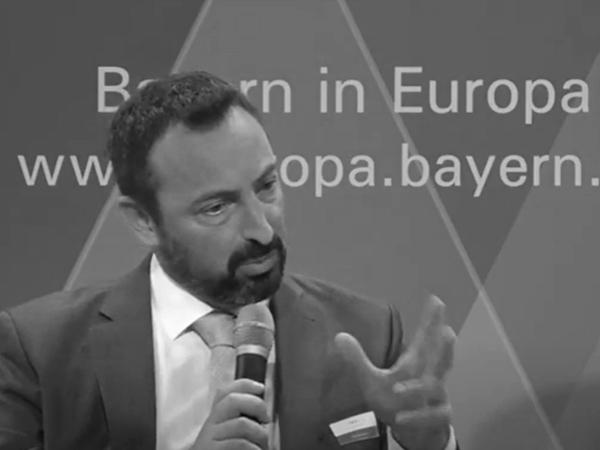
Date: 23 November 2022
For over a year, the European Union Europe has been coping with security of gas supply and unbearable high bills for both the consumers and the industry. Glass for Europe wants to share 3 reflections from the flat glass industry ahead of upcoming the extraordinary meeting of EU energy ministers in Brussels.
On November 24th, the Czech Presidency will try to reach an agreement on the European Commission’s latest proposals to mitigate rising energy prices. Glass for Europe believes that savings energy in the sectors with the highest potential such as buildings, boosting the production of green energy and ensuring the competitiveness of the European industry are the ways forward to overcome the crisis.
Saving energy in buildings
“We need to stop wasting energy where we actually can save it” said Bertrand Cazes during an event held on November 16th in the framework of the International Year of Glass. If we do not invest in the energy renovation of buildings “we will never have enough energy” to guarantee supply to industries such as the glass industry, he continued.
Tackling energy costs
“The lack of predictability on gas prices over the long term is a fundamental problem to plan investments, including the decarbonisation ones” stated B. Cazes. As stated in a position paper recently release by Glass Alliance Europe, faced with risks of energy shortages and exponential energy costs, which are substantially higher than in the rest of the world, Europe’s glass industry is in dire need of support to stay afloat.
Higher energy electricity costs are also impacting the sector. For this reason, Glass for Europe calls for the inclusion the flat glass industry in the list of sectors entitled to receive compensation for its indirect electricity costs under the EU ETS. “The electricity costs for the flat glass industry are skyrocketing, and yet we are not entitled to any support” he concluded.
Ensuring the EU industry competitiveness
High energy costs increase production costs and are the major driver of inflation. Therefore, flat glass products made in the EU become less and less competitive. “We start witnessing large influx of imports from outside Europe”, said Bertrand Cazes. “Over the short and medium-term, that could be endangering our industry and weakening the investment needed to fully contribute to the climate neutral future that we want” he concluded.
Read the position paper
Glass industry calls for urgent and robust EU support measures for the glass sector to face the on-going energy crisis
 600450
600450

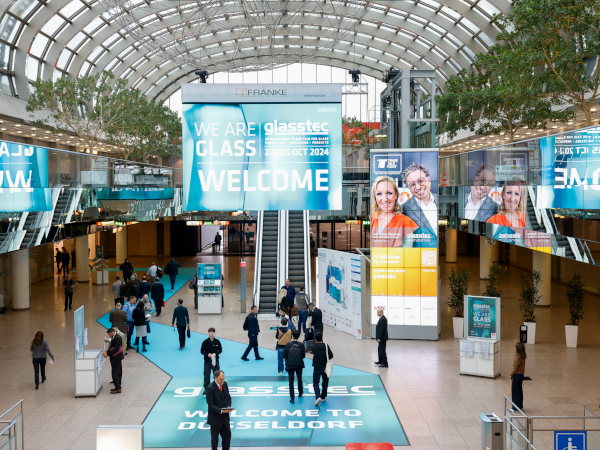
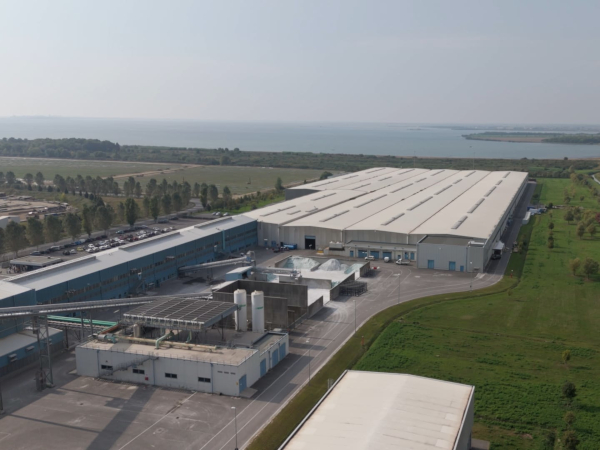
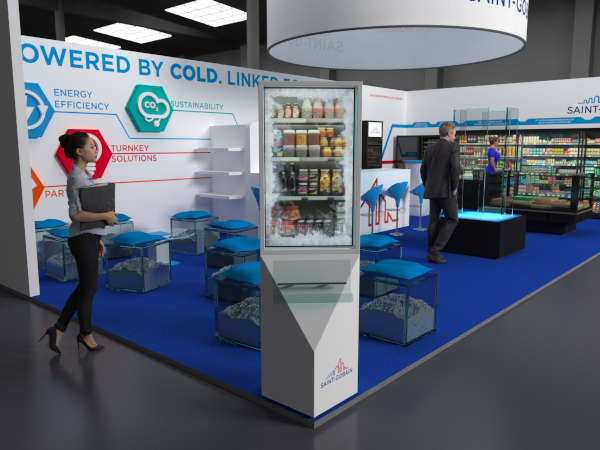

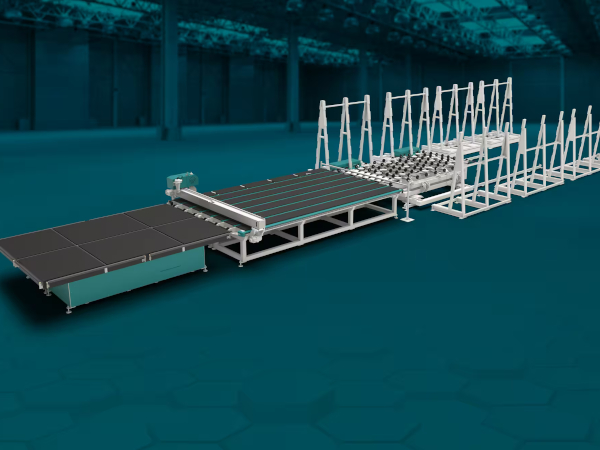







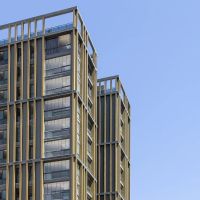




Add new comment